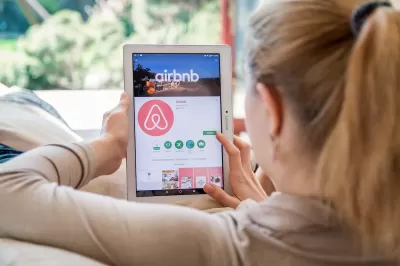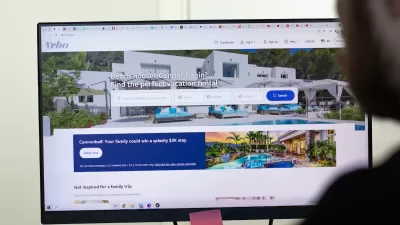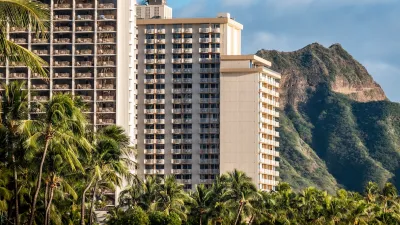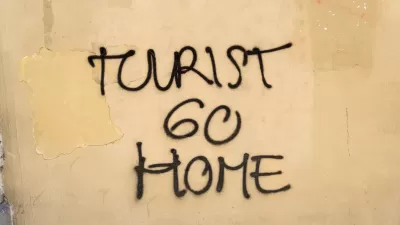If properly regulated and taxed, the STR sector can generate millions in tax revenue.

A report from civic engagement software company Granicus outlines how cities can increase their revenue from the short-term rental sector by tightening regulations and cracking down on unlicensed rental properties.
As Kaitlyn Levinson explains in Route Fifty, the report recommends that cities create more robust systems for monitoring and collecting taxes on these properties. “Increasing taxes on short-term rentals, said Jorge González-Hermoso, a research associate at the Urban Institute, could also help ensure that the cities get paid for short-term renters’ use of public services like roads and utilities.”
Other lodgings, such as hotels, generally pay much higher taxes than residential properties — which, in most states, include short-term rentals. In Colorado, hotels pay a 27.9 percent tax while residential properties are subject to a 6.765 percent tax. A failed bill that would have raised the tax on STRs could have generated as much as $293.3 million in revenue in 2026, according to a fiscal analysis.
As Levinson explains, STR revenue can also offset the negative impacts of the industry. In Nashville, STR tax revenue goes toward the city’s affordable housing fund, with over $15 million generated since 2015.
FULL STORY: How tougher regulations on short-term rentals can boost revenue for state, local govs

Maui's Vacation Rental Debate Turns Ugly
Verbal attacks, misinformation campaigns and fistfights plague a high-stakes debate to convert thousands of vacation rentals into long-term housing.

Planetizen Federal Action Tracker
A weekly monitor of how Trump’s orders and actions are impacting planners and planning in America.

San Francisco Suspends Traffic Calming Amidst Record Deaths
Citing “a challenging fiscal landscape,” the city will cease the program on the heels of 42 traffic deaths, including 24 pedestrians.

Study: Anti-Homelessness Laws Don’t Work
Research shows that punitive measures that criminalized unhoused people don’t help reduce homelessness.

In U.S., Urban Gondolas Face Uphill Battle
Cities in Latin America and Europe have embraced aerial transitways — AKA gondolas — as sustainable, convenient urban transport, especially in tricky geographies. American cities have yet to catch up.

Detroit Says Problems With Property Tax Assessments are Fixed. Advocates Disagree.
With higher-valued properties under assessed and lower-valued properties over assessed, advocates say there's still a problem with Detroit's property tax system.
Urban Design for Planners 1: Software Tools
This six-course series explores essential urban design concepts using open source software and equips planners with the tools they need to participate fully in the urban design process.
Planning for Universal Design
Learn the tools for implementing Universal Design in planning regulations.
Heyer Gruel & Associates PA
JM Goldson LLC
Custer County Colorado
City of Camden Redevelopment Agency
City of Astoria
Transportation Research & Education Center (TREC) at Portland State University
Jefferson Parish Government
Camden Redevelopment Agency
City of Claremont





























